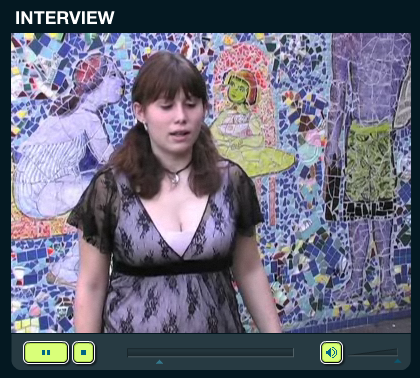Recently, I have been conceptualizing/personalizing the concept of open teaching as informed by my facilitation of EC&I 831 and ECMP 455. In my view, open teaching goes well beyond the parameters of the Free and Open Source Software movement, beyond the advocacy of open content and copyleft licenses, and beyond open access. For open teaching, these are the important mechanisms, processes, and residuals, but they should not be viewed as the end goals in themselves. Rather, open teaching may facilitate our approach to social, collaborative, self-determined, and sustained, life-long learning.
My working definition of open teaching (focused on the above areas) follows:
Open teaching is described as the facilitation of learning experiences that are open, transparent, collaborative, and social. Open teachers are advocates of a free and open knowledge society, and support their students in the critical consumption, production, connection, and synthesis of knowledge through the shared development of learning networks. Typical activities of open teachers may include some or all of the following:
* Advocacy and use of free and/or open source tools and software wherever possible and beneficial to student learning;
* Integration of free and open content and media in teaching and learning;
* Promotion of copyleft content licenses for student content production/publication/dissemination;
* Facilitation of student understanding regarding copyright law (e.g., fair use/fair dealing, copyleft/copyright);
* Facilitation and distributed scaffolding of student personal learning networks for collaborative and sustained learning;
* Development of learning environments that are reflective, responsive, student-centred, and that incorporate a diverse array of instructional and learning strategies;
* Modeling of openness, transparency, connectedness, and responsible copyright/copyleft use and licensing; and,
* Advocacy for the participation and development of collaborative gift cultures in education and society.(Key phrase, “working definition”, comments always welcome.)
Through interactions with current and former students, the resulting practice has lead to a learning environment where the walls are appropriately thinned. This process is visualized through the following graphic.
Through the guiding principles of open teaching, students are able to gain requisite skills, self-efficacy, and knowledge as they develop their own personal learning networks (PLNs). Educators guide the process using their own PLNs, with a variety of teaching/learning experiences, and via (distributed) scaffolding. Knowledge is negotiated, managed, and exchanged. A gift economy may be developed through the paying-forward of interactions and meaningful collaborations.
In the digital and rich-media environment, educators may also take on different roles, metaphors that extend beyond “sage on the stage”, “guide on the side”, etc. The “network sherpa” (source?) may be a suitable metaphor to describe these pedagogical processes.
This metaphor projects the role of teacher as one who “knows the terrain”, helps to guide students around obstacles, but who is also led by student interests, objectives, and knowledge. The terrain in this case consists of the development of media literacy (critique & awareness), social networks (connections), and connected/connective knowledge.
As with any models/images/diagrams/metaphors there are always limitations and (outright) flaws. Yet, I present these three pieces (i.e., working definition of open teaching, thinning the walls, network sherpa) in hope that it will lead us to a discussion on some of the perceived changes in teaching & learning in the wider scope of education.
Feedback and critique always welcome and encouraged.







